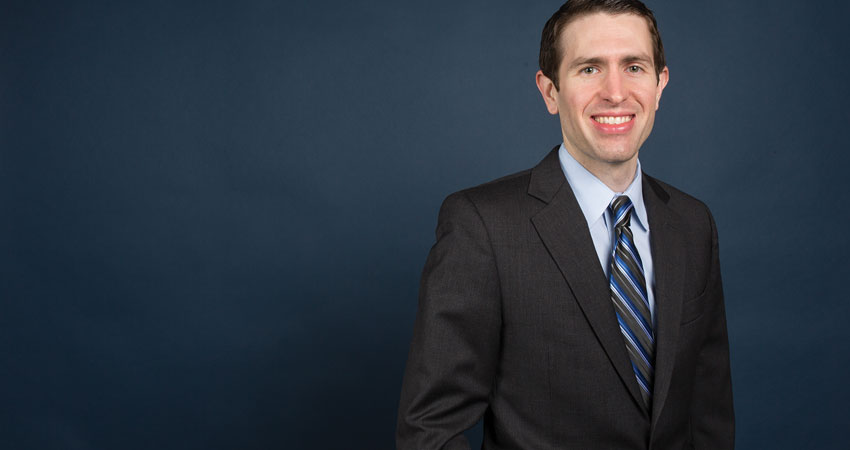Kennedy School Professor Recalls being Surprised by Grace
By Mark Shepard, Harvard ’08, PhD ’15
Editor’s note: The following story was reprinted with permission from The Veritas Forum (www.veritas.org).
Harvard University is special for me because it is where I first came to know Jesus Christ. Perhaps this should not be surprising. Harvard is a place that reveres truth (Veritas), and Jesus says He is the truth. But most people when they hear this about me are surprised, since they see the university as a secular place. Let me share my story and a few of the surprises it has entailed.
I grew up in a Jewish home and was raised in Hebrew school and Jewish observance. But by the time I entered Harvard College as a freshman, I had rebelled and become an atheist. Like many atheists, I had strong beliefs. I believed that faith was the opposite of reason – and therefore to be avoided. I believed that science was the only real way of knowing truth. And I believed that life should be lived based on logical optimization and rationality, free from the softness of emotional thinking. (Perhaps you can see why I became an economist.)
Into this state, God broke in.
My first surprise was meeting Christians who actually believed their faith – and in a thoughtful, intelligent way. I got to know a resident tutor, who also happened to be a minister for InterVarsity Christian Fellowship. In long conversations in the dining halls, we explored the deep questions: Is there a God? Is there purpose behind the universe? Is there such a thing as moral truth? And what does the Bible have to say about all this? Amazingly to me, my tutor had faith, but also welcomed questioning of that faith and consideration of evidence for and against Christianity. Here was a faith not opposed to reason, but deeply involved with it.
My second surprise was in the power of the Bible, and particularly Jesus, to make sense of the world, and to move and inspire me. As I read Jesus’ Sermon on the Mount for the first time, I was blown away. Here was the most beautiful, powerful expression of moral truth I had ever encountered. But who did this come from? Could this really be the work of a poor Jewish carpenter and his uneducated followers? And how could I deal with the fact that my worldview gave me little grounding even to believe in moral truth?
My third surprise – which still surprises and challenges me to this day – was finding out that I am a sinner. This merits explanation. Sin, in common usage, is a joke. It’s a word used for pleasurable things that prudish people label as bad. This is not what I mean by sin. Sin, in my experience, is rooted in an overwhelming pride. When I enter the world, I want to be better than people around me – to be more impressive and more accomplished, and to be recognized as such.
When mixed with an academic environment like Harvard, this sinful tendency is toxic. Collectively, it leads to bottom-line thinking, with a culture of celebrity for people who succeed and worthlessness for those who do not. It turns Harvard’s greatest strength – its brilliant people – into a source of envy and anxiety. In my life, I have seen this way of thinking lead to depression, unfruitfulness, and a desire to quit academics and even life itself. Sin is self-destructive.
While my old worldview gave me few resources to understand or deal with sin, Christianity confronts it head on. God’s answer is the Gospel: the good news that Jesus came into the world to live, die, and be raised for sinners. The Gospel reminds me, first, that because God is central, life is not about me, but about Him. I don’t have to achieve, to impress, to justify myself. I am accepted in Him. Second, the Gospel frees me from the misdeeds of my past, since Jesus has paid for them. Finally, the Gospel gives me – and the whole university – a new purpose. By learning, teaching, and relating to each other in humility and love, we participate in renewing the world. This is a purpose in which everyone in the university can participate, regardless of rank or status.
God’s vision for the university now animates my heart and gives me continual resources to renew my life and to beat back sin. I encourage you to consider this truth that has changed my life and promises to do the same for you.
Mark Shepard (Harvard ’08, PhD ’15) is an assistant professor at Harvard Kennedy School of Government and a faculty research fellow at the National Bureau of Economic Research.





